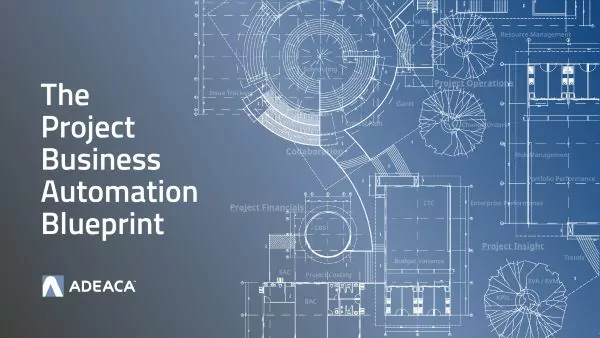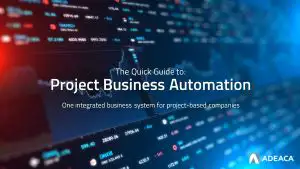As we slowly emerge from the COVID-19 lockdown, getting back to the way things were presents the challenge of figuring out the new normal and what that entails for different business industries. While construction companies have managed to continue working to some extent, and have even played a critical role in responding to the crisis by building hospitals, the pandemic has still taken a major toll on the industry by putting a hold on and even shutting down many projects.
Despite this fallout and the economic uncertainty on supply, demand, and the industry, the McKinsey Global Institute suggests that economic activity could be back on track as early as 2021. That is, if the virus is contained within the next few months and the right economic policies are implemented, according to the report.
For now, everyone is just trying to figure out what are next steps.
Technology Adoption During COVID-19
In the past, the construction industry has been known to lag behind the technological curve, failing to adapt as quickly as other industries. According to McKinsey, this could drastically change due to the impact of COVID-19 and the need to rely more heavily on digital collaboration tools for communication in construction.
If anything, this pandemic has taught all of us is to be better prepared and equipped to handle any crisis in the future. This means taking the time now to upskill your workforce, restructure your data organization, and reassess your project business processes. You also want to look at your construction business management software strategy.
“Resource allocation will pose a significant challenge for construction in the coming months,” based on the report. “It will involve making trade-offs between projects and assets and will rely on accurate progress data across the portfolio.”
To make smart and effective business decisions, executives need access to reliable and up-to-date data. Unfortunately, these executives often do not know whether the project will be completed on time and on budget until after the project is complete. Today’s real-time economy demands automation and visibility into what’s going on inside your company.
Learn more about construction management software for builders and contractors.
“In addition to systematic assessment of the parts of the portfolio that may be affected by COVID-19, these capabilities can include real-time transparency on project process, material inventory, subcontractors, services, and costs,” the report states. “Players that have increased transparency across portfolios are much better equipped to optimize sourcing, among other needs.”
Focus on Project Business
By changing how technology is applied to your company and refocusing on the business side of the projects you deliver, or what we call Project Business, the construction industry can achieve a much-needed breakthrough.
Refocusing on the Project Business enables what we call Project Business Automation (or PBA). It is about integrating and automating the key business processes for construction companies, bringing them in line with other non-project industries. To not only keep up with changing times, but also prepare for any future crisis, construction companies need to act now to organize, integrate and structure their data for real-time insight.
Download the Project Business Automation Blueprint to learn more about PBA and how it works.











